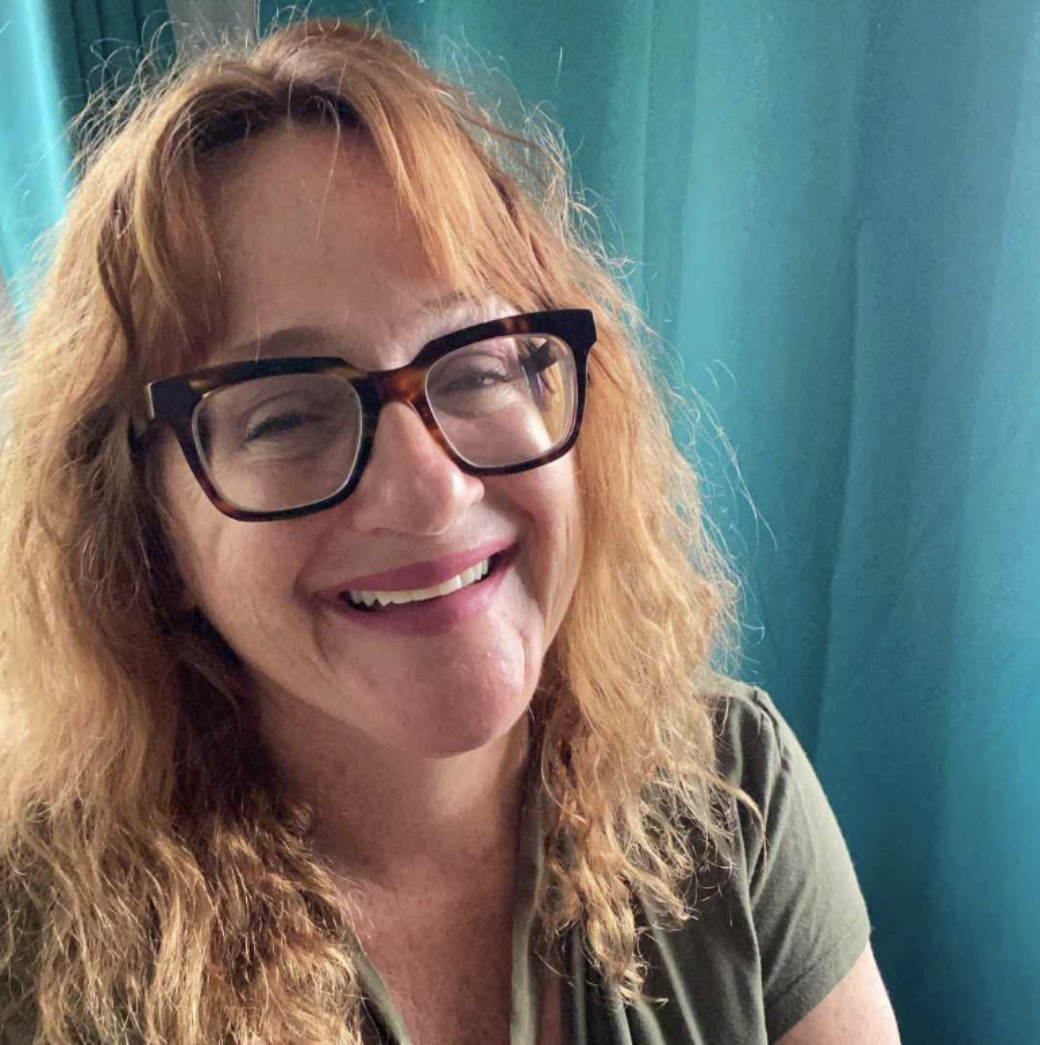For 25 days in April 1977, approximately 150 disability rights activists took over the offices of the Health Education Welfare building in San Francisco. They refused to leave until President Jimmy Carter’s administration agreed to implement a four-year-old law protecting the rights of people with disabilities. The law wasn’t much good without any regulations to enforce. Protesters sought to correct that.
Section 504 (along with the 508) aim to ensure that people with disabilities can access any program or activity that receives federal funds, to eliminate barriers. This means schools that receive federal funds must make it possible for students with disabilities who attend that school has access to the classes taught there.
I was in high school in the late 80’s and in university in the early 90’s. Everyone knew I was deaf – even with my enormous behind the ear hearing aids, I still struggled to understand what was being said in class. Added to that, I noticed that whenever I was in classrooms with fluorescent lighting, I would end up crashing from sensory overload. Since classrooms back then were usually with fluorescent lighting, I crashed a lot.
My parents being of the view that “disabilities should be overcome, God only gives us what we can handle,” and that God “tests the gold with fire” (meaning, that the harder the situation in life, the more highly God values and challenges your capacity), I was on my own. I was ashamed to admit how much I didn’t understand what was going on around me, and what a blur the world was. My classmates all thought I was on drugs. I wasn’t; I simply couldn’t hear, couldn’t stay awake from the overwhelm, and had no idea what was going on most of the time.
To be honest, I sometimes think it’s kind of a miracle I graduated at all, let alone with the honors I graduated from university with.
I attribute my academic success (through the blur of sound and sensory overload) to the fact that I could, as I have always said, “read and write.” I gulped books down whole in an evening, and I can remember almost everything I read. I could write my way out of almost anything to boot; useful skills to have in school. I was also highly resourceful and could figure out ways to work around the system. Skills developed and shared by many disabled people. Skills born out of necessity.
These are great skills to have, sure. But the cost for consistently employing them is high. I knew if I slacked off even a minute with my reading, I would fail school, because I couldn’t hear enough in class to pick up on what was being said (and that’s if I stayed awake long enough through the fluorescent lights). I felt like the biggest imposter possible, because all I ever did was figure out the way to meet the final objective on a given syllabus. I felt like I was faking my way through school, and that contributed to the deep insecurities I feel.
When I returned to graduate school 2 years ago to pursue a master’s in counseling psychology, I was coming in with an awareness of my right to an accommodated educational experience. This was the first time in my life I tapped into The Power of 504.
I wish I could say the process of getting the captions was easy. I certainly thought it would be – captions are, after all, fairly standard. But it wasn’t. I needed to be persistent and unrelenting with my requests. This was rather demoralizing, and to be honest, if I had not gone through my earlier unaccommodated years at school, I might not have continued requesting captions through the university (I would have just set up captions on my own). It was such a struggle.
Added to that so many professors did not take the time to integrate captions before class started or would forget to add a captionist. While the whole class would wait, the professor would tinker around with their Zoom settings to get the captions set. While I would sit in silence waiting, the professors would say things like, “glad to help you, Meriah” or, “no problem at all, no problem” – both a little mystifying, given that I was not asking for help (or was concerned it was a problem), but rather for my civil right to an accommodated education to be granted. You know, as guaranteed by law.
It was worth it. The numerous emails to the Disability Services department, nudging them, requesting services worked. The numerous emails to professors, reminding them of how to set it up, in time, were successful. Guiding people through the process eventually made it happen. Waiting patiently. Holding my tongue. It was all worth it. The captions made a huge difference despite the process being a pain in my posterior. Instead of being completely wiped out from hearing fatigue, I was understandably tired. The 4.0 grade point average I earned over the past 2 years was a biproduct of being able to access the lectures, and not needing to rely on reading alone.
The 504 changed my educational experience. It allowed me to access education in ways that I had not previously enjoyed. While I sometimes wonder what I might have been able to accomplish had I been able to tap into accommodations earlier, I’m still glad I was able to at all. I’m grateful to the champions of 504 for making that possible, for me and for all students.



